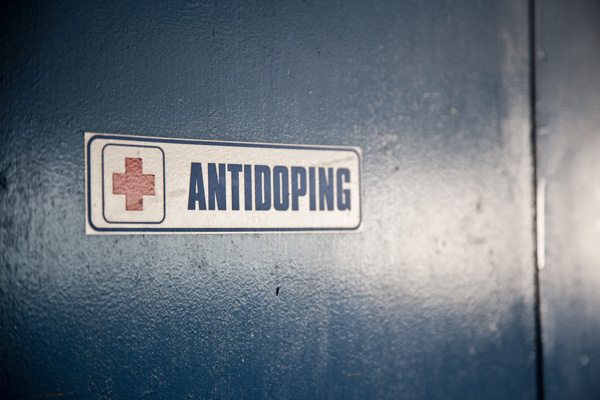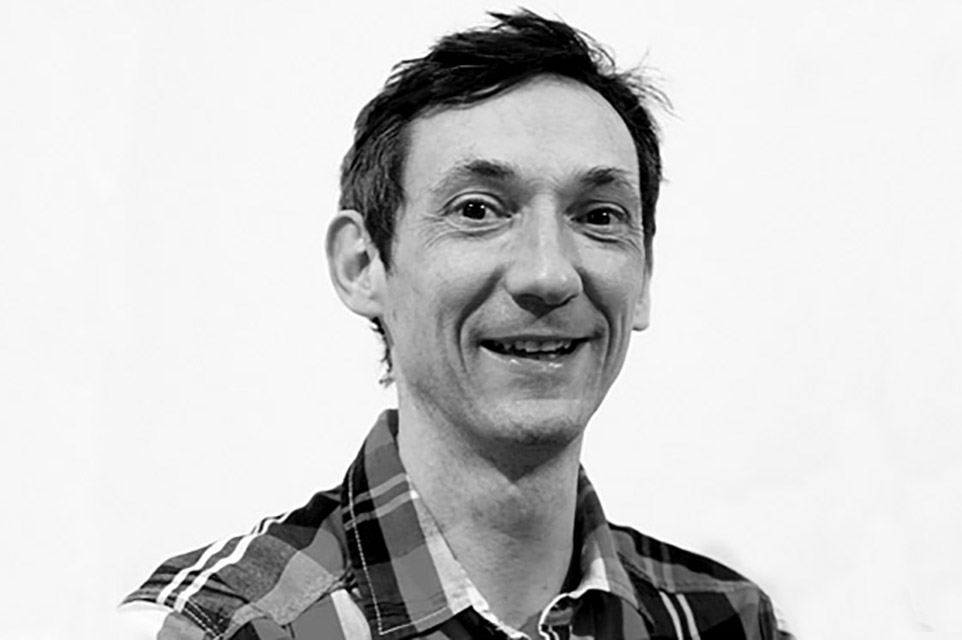'10% of athletes could be doping', says WADA boss
World Anti-Doping Agency director general David Howman says one in 10 sportspeople may be doping, but says cycling is cleaning up its act


World Anti-Doping Agency chief David Howman has said that over 10 per cent of athletes could be using banned performance-enhancing substances, although he praised the efforts made by professional cycling as it has undergone a major shift away from doping in recent years.
Speaking to the BBC's HardTalk programme, WADA director general Howman said the number of sportspeople engaging in doping practices could be "far more than we would wish it to be - over 10 per cent. That is of concern because those being caught by the system is far lower than that. Not in all sports, in some sports."
Although Howman had concerns that doping is still taking place in professional cycling, he praised the anti-doping efforts being made by the sport's governing body, the Union Cycliste Internationale (UCI), particularly in the post-Lance Armstrong era.
"I have great respect for the way in which the UCI are now running their anti-doping programme," he said. Many sports are lagging behind the measures put in place by the UCI in the fight against doping, such as the biological passport system.
Tour de France leader Chris Froome and Team Sky have come under intense scrutiny at the race this year, facing questions from both the media and fans relating to doping. Sky took the unprecedented step of publishing Froome's power data from the race in an effort to end speculation that he is doping.
>>> What can we learn from Chris Froome’s power data?
Luca Paolini (Katusha) hit the headlines during this year's Tour when he failed an anti-doping test for cocaine. Italian Paolini, 38, has denied taking the drug, but could face a four-year ban if found guilty.
The latest race content, interviews, features, reviews and expert buying guides, direct to your inbox!
It's not just those at the top level of sport that are doping. Howman highlighted that young athletes are using illicit means to reach higher levels, but that they are 'under WADA's radar' and hard to detect.
"The area of most concern for us is the level of young athletes who have not broken through into the elite who are trying to get that breakthrough and are susceptible to taking drugs because that's a shortcut.
"Not only are they susceptible to taking drugs, they are being encouraged to do so by any one of a number of people that surround them - coaches, trainers, even parents - because it's way to make a lot of money."
WADA is responsible for co-ordinating the fight against doping in international sport, including the aim of bringing equal and effective anti-doping measures into all sports across the world. WADA's code is the anti-doping 'bible' for sports governing bodies.
Video: Could this nose ring improve your riding?

Nigel Wynn worked as associate editor on CyclingWeekly.com, he worked almost single-handedly on the Cycling Weekly website in its early days. His passion for cycling, his writing and his creativity, as well as his hard work and dedication, were the original driving force behind the website’s success. Without him, CyclingWeekly.com would certainly not exist on the size and scale that it enjoys today. Nigel sadly passed away, following a brave battle with a cancer-related illness, in 2018. He was a highly valued colleague, and more importantly, an exceptional person to work with - his presence is sorely missed.